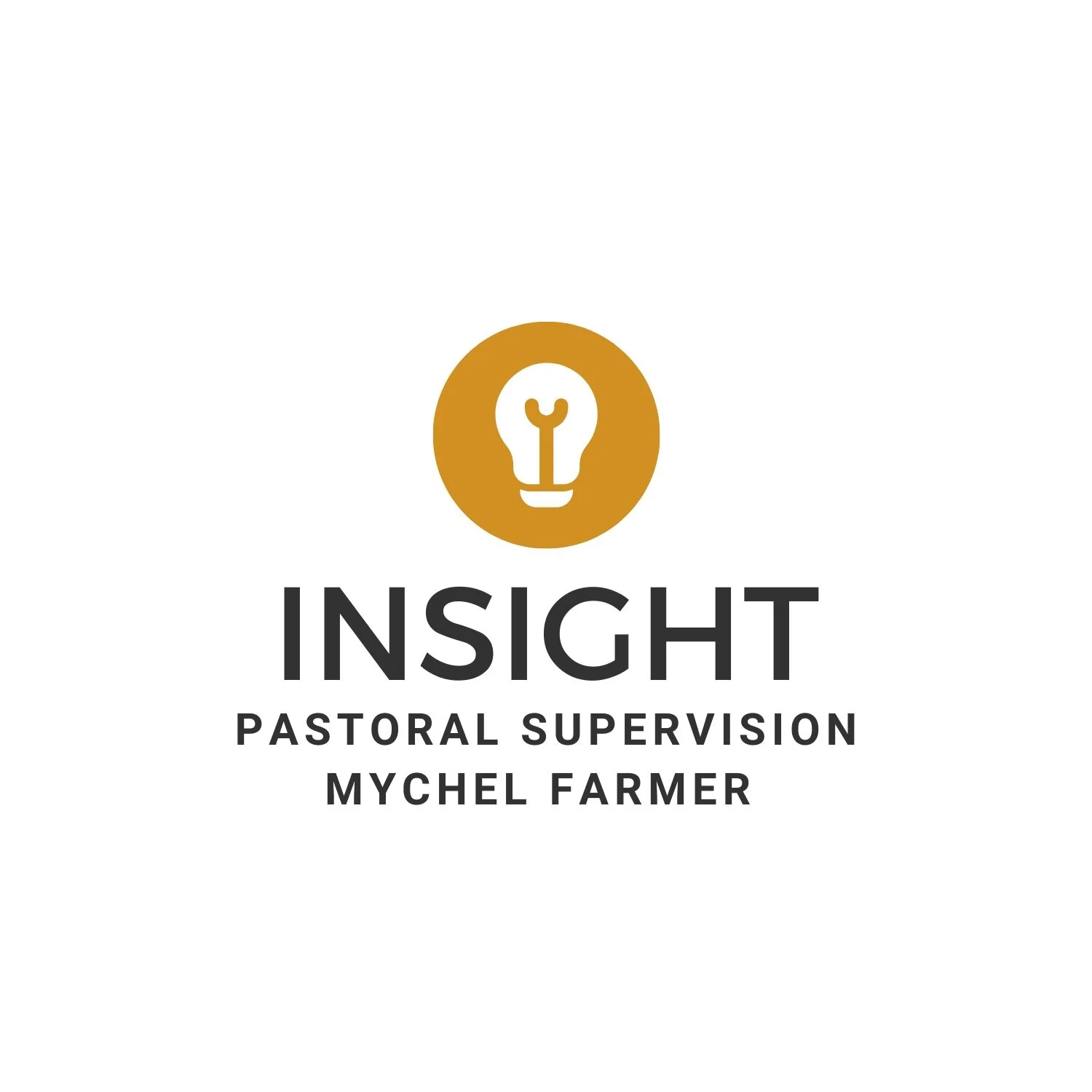
Pastoral Supervision
A Safe Place to Reflect and Grow
Mychel Farmer Professional Supervisor
Qualified - B Th., Grad Cert Prof. Supervision
(Sydney College of Divinity)
Reflect on your work - be faithful in ministry
Be supported, encouraged and challenged
Understand what motivates you
Work through challenges and times of change
Work through conflict
Discover your strengths
Reflect on how to work with and live out your values
Develop your ethical responses
Improve your wellbeing and sustainability in ministry
Fully Insured
Supervisor Member AAOS-Australasian Association of Supervision
Recognised Supervisor
Member of Chaplaincy Australia
Approved Supervisor for QLD Baptists
Approved Supervisor Scripture Union Australia
Approved Supervisor for Sydney Anglicans

Supervision: A Vision That Helps You See Beyond.
Supervision means to see beyond. Supervision is where you can talk about your work and through the process, see beyond the obvious and known aspects of your ministry to gain insight, discover new approaches, make adjustments and gain encouragement.
Dr Michael Paterson views the story of Jesus interaction with the disciples on the road to Emmaus in Luke 24:13-35 as the best example in the bible of the role and work of supervision.
After Jesus spends time with the disciples ‘their hearts are warmed and their eyes are opened’, they have gained fresh insight. They are then able to go back to where they had come from with renewed passion and energy for the ministry to which they were called, to share the gospel of their living Saviour Jesus.
What is Supervision?
Pastoral Supervision is regular, planned, intentional and specifically created space in which a practitioner skilled in supervision (the supervisor) meets with one or more other practitioners (the supervisees) to look together at the supervisees’ practice (ministry work and life).
Pastoral Supervision is:
A relationship characterised by trust, respect, confidentiality, support and openness that gives the supervisee freedom and safety to explore the issues arising in their work
Spiritually/theologically informed – works within a framework of spiritual/theological understanding in dialogue with the supervisee’s world view and role
Psychologically informed – draws on relevant psychological theory and insight to illuminate intra-personal and inter-personal dynamics
Contextually sensitive– pays attention to the particularities of setting, culture and world-view
Practice based– focuses on a report of work and /or issues that arise in and from the supervisee’s practice
A way of growing in vocational identity, role competence, self-awareness, spiritual/theological reflection, quality of presence, accountability, response to challenge, mutual learning
Attentive to issues of fitness to practice, skill development, management of boundaries, professional identity and the impact of the work upon all concerned parties.
source: https://www.pastoralsupervision.org.uk/home/about/definition-and-ethos/
“Talking to Mychel was like a breath of fresh air. I came away ready to keep going.”
— Alison, D.



